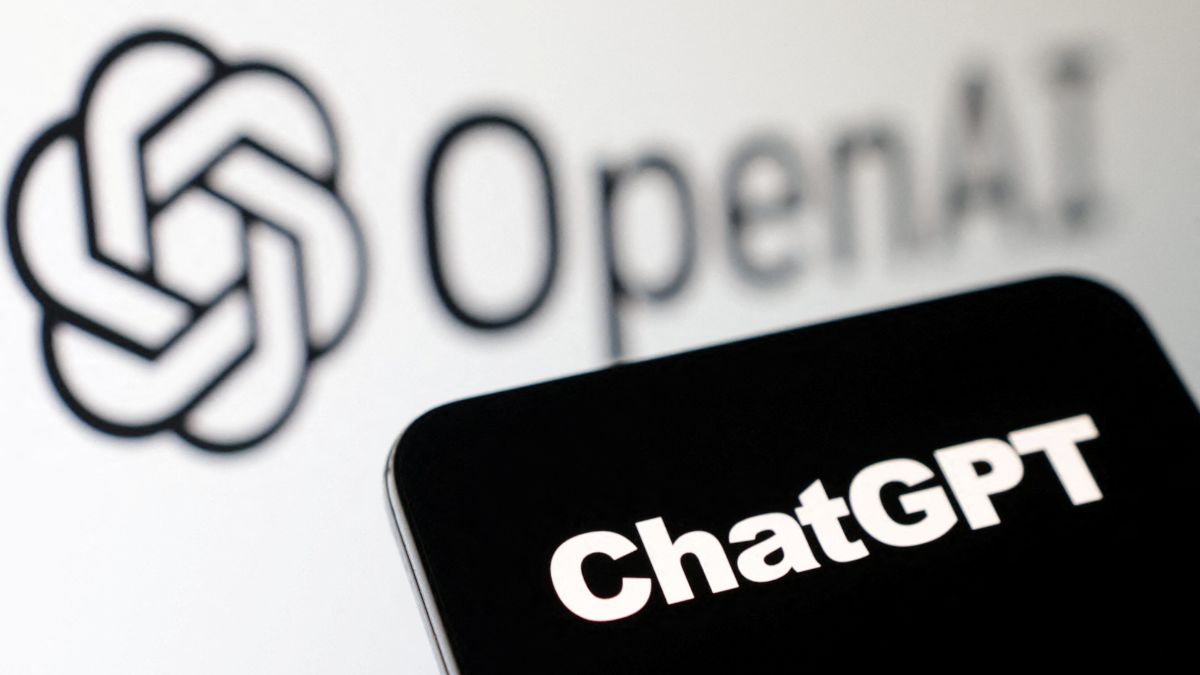ChatGPT reached 365 billion annual searches just two years after launch, achieving a growth rate more than five times faster than Google’s early years, according to a recent report by prominent technology analyst Mary Meeker.
Meeker’s latest report, titled Trends: Artificial Intelligence, notes ChatGPT’s rapid ascent to mass utility, a milestone Google took 11 years to achieve. ChatGPT’s swift global adoption underscores how quickly artificial intelligence is reshaping consumer behaviour and technological landscapes.
“We’ve never seen anything like the user growth of ChatGPT, particularly outside the US, and it shows how the global dynamics of tech and distribution have changed,” Meeker told Axios.
However, comparisons between ChatGPT and Google’s launch in 1998 are met with skepticism by some analysts. Google debuted when global internet access was limited, household connectivity was growing slowly, and smartphones were nonexistent. ChatGPT, by contrast, launched into a digital ecosystem primed with widespread smartphone penetration, high internet accessibility, and mature cloud infrastructure, according to a report by Fortune India.
But according to Meeker’s report, this environment is precisely the point. Each wave of technology adoption in the US has accelerated significantly compared to the previous one, data from Morgan Stanley shows. Personal computers reached 50 per cent household penetration over 20 years, desktop internet did it in 12, mobile internet in six, and artificial intelligence is predicted to achieve the same in just three years.
Impact Shorts
More ShortsMeeker argues this acceleration reflects not superior products, but a matured digital environment enabling quicker experimentation, distribution, and user onboarding. This suggests that ChatGPT’s remarkable growth signals broader ecosystem changes rather than just a competitive edge against Google.
With over 800 million weekly users and training data growing at an annual rate of 250 per cent, ChatGPT’s growth brings both opportunities and challenges. Most leading AI platforms, including ChatGPT, employ freemium models that fuel rapid adoption but drive high infrastructure and computational costs.
Meeker emphasized the need for monetization strategies to quickly evolve to support the massive infrastructure underpinning large-scale AI systems. The speed of ChatGPT’s rise is shaping a new baseline for the AI economy.
Known as the “Queen of the Internet,” Meeker has successfully predicted previous technological shifts, including the rise of mobile internet, social media, and major platforms like Amazon and Facebook.
In her latest forecast, she anticipates AI’s applications expanding significantly by 2030, deeply personalising healthcare, education, and financial services. She also predicts that the next billion internet users will interact directly with AI-powered agents via voice interfaces and satellite internet, bypassing traditional mobile apps entirely.


)

)
)
)
)
)
)
)
)



